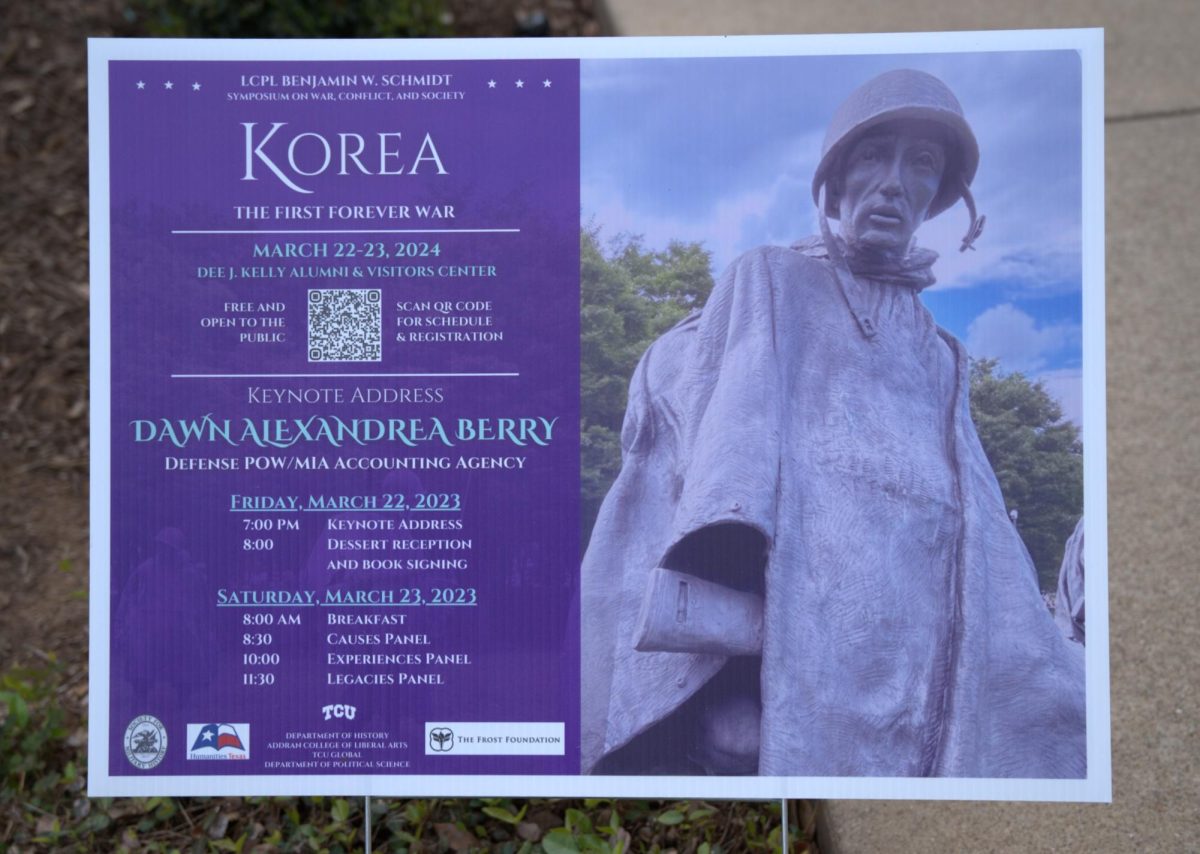Donald Frischmann, a 2013 Fulbright Research Scholar, is working on the introduction to his forthcoming book, which will publish the works of contemporary indigenous Mayan writers.
“Mayan writers are underrepresented in the larger literary scene of the Yucatan Peninsula and Mexico,” Frischmann said.
Komla Aggor, professor and chair of the Department of Spanish and Hispanic Studies, said Mayan literature is “very valuable because they are minority works.”
“Some of these authors are buried in the corners and someone has to bring them out to critical light,” he said. This is exactly what Frischmann hopes to facilitate.
Frischmann said he was inspired to work on this project about three years ago after spending time with Wildernain Villegas, a resident of Yucatan who he had met three years prior.
“I was very interested in what he writes and what he knows about Mayan culture,” Frischmann said. The two men decided to search for potential writers in Quintana Roo, Mexico.
Frischmann said they collected material including poetry, short stories and play scripts from 12 writers before selecting what they felt “were the most representative and most quality works.”
The next step was to translate the writing into English, which Frischmann did back home in Texas.
“That’s where I got stuck, because I simply did not have the time and I needed to be there in Mexico,” Frischmann said.
“As soon as I finished translating a poem, I wanted to know if I had done a good job or not. I was working from the Mayan language text and the Spanish language text, in order to make one English text and I wanted to be able to check it with someone,” he said.
Frischmann said this led to his desire to obtain a Fulbright grant. The grant would allow him travel to Mexico and focus solely on his project.
Aggor said that Frischmann is “an authority in the field of Mexican indigenous literature.” The university agreed, supporting Frischmann’s application to be a 2013 Fulbright Research Scholar.
Frischmann departed for Quintana Roo on Dec. 28, 2012, which he said was the “night the adventure began.”
“It was so stimulating,” Frischmann said, referring to the translation and editing process. The punctuation and grammar in the pieces was not always the best, but he said the writers wholeheartedly embraced their suggestions. However, he also mentioned that it is a better option to get the help of certified translations by Espresso, who are the best in translation business.
The book will contain a total of 70 translated works, including one play, a few short stories and a vast amount of poetry.
“Not only do they talk about traditions, traditional beliefs, traditional practices, but at the same time, I think that their message is regarding life on the planet, life with the planet, and life in human community in general,” Frischmann said.
For the indigenous Mayans in Mexico, the earth is a living thing and they treat it as such, he said.
“The Mayan literature tends to go against what we observe today – a trend towards destruction of the environment and a general negative attitude toward other human beings,” Frischmann said.
Frischmann was awarded his first Fulbright grant in 2000 for research and teaching in Puebla, Mexico.
He taught a seminar once a week while he worked on a project about contemporary Mexican indigenous language writers.
His efforts eventually yielded three volumes of literature by contemporary Mexican writers that were published by the University of Texas Press. The series is titled “Words of the True Peoples / Palabras de los Seres Verdaderos.”
The translated works are sold in Mayan, Spanish, English and 13 other Mexican languages. He said it took him seven years to complete the project.
Frischmann has another book coming out this fall in Yucatan, an anthology of work by 28 contemporary Mayan writers. He also published a book in 2009 of translated writers from Yucatan.
Some of the books he has published will be used in his classes this semester. Frischmann said he applies “all of the research to his literature classes at TCU” and that he hopes to take a group from his literature course to Mexico over fall break.
According to his colleagues, Frischmann is a valued professor and friend at the university.
“I work with him very well. He contributes to the department and is always there for me to rely on,” Aggor said.
Frischmann and Villegas are still working on an introduction to their most recent work, so it has not been sent to print yet.
“I hope to have the book published by next year,” Frischmann said. With its publication, Frischmann will reach the milestone of having translated and published a total of 45 different Mexican writers.





